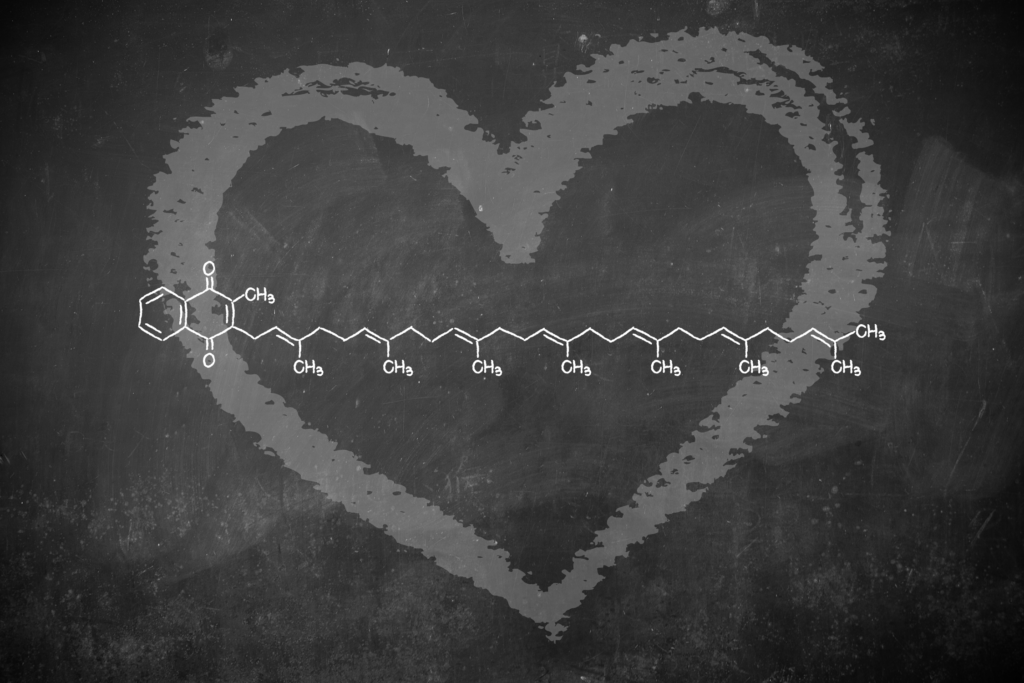Advertisement
Ask the Experts
Vitamin K2 and cardiovascular health

Advertisement
Q: What’s the link between vitamin K2 and cardiovascular health?
A. It’s well known that coronary artery calcification (the buildup of calcium in the arteries) is an independent predictor of cardiovascular disease.
Just like the calcium deposits that can build up and clog your sink, calcium salt deposits can build up inside arterial walls, obstructing blood flow.
A protein found in the body, matrix Gla protein (MGP) works to inhibit calcification of arteries and other soft tissues. Vitamin K2 is responsible for activating MGP to do its job: directing calcium into the bones and away from soft tissue.
Studies on the effect of vitamin K2 (in MK-7 form) on cardiovascular health show a significant reduction in arterial stiffness and slower progression of calcification.
In a 2015 study, supplementation with 180 mcg of MK-7 over a three-year period revealed a significantly improved stiffness index and MGP activation among healthy postmenopausal women.
This study explains why osteoporosis sufferers are more likely to show signs of atherosclerotic calcification (hardening of the arteries) and those with atherosclerosis (arterial deposits/plaque) are more likely to have weaker, brittle bones.
Vitamin K2 deficiency may also explain why high intakes of dietary calcium can still lead to poor bone mineral density.
Without vitamin K2 to activate the calcium-transporting matrix Gla protein, dietary calcium can’t properly mineralize the bone and instead builds up in the soft tissues of the blood vessels.
Evidence linking K2 to cardio-vascular health continues to grow. One study in 2016 looked at the effect various factors played in cardiovascular disease across 168 countries. They found that vitamin K2 deficiency was linked to early cardiovascular disease mortality—even to the same degree that tobacco use is.
Speak with a health care practitioner or visit your local health food store to learn more about vitamin K2 (MK-7) for cardiovascular health.





